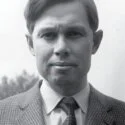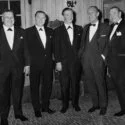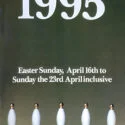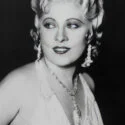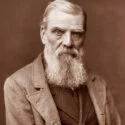Marie Lloyd, one of the most celebrated music hall stars of her era, was renowned for her cheeky and charismatic stage presence. She captivated audiences with her playful, double-entendre-laden performances and an ability to infuse even the simplest lyrics with charm and innuendo. Her influence on British entertainment was profound, and her enduring popularity made her a headline act across the country. Her first visit to Blackpool came in May 1896, when she was booked at the Empire Theatre—an engagement described at the time as being arranged “at enormous expense.” The Empire, however, struggled financially and later reopened as the Hippodrome, a venue that would go on to host many famous performers of the period.
Marie Lloyd returned to Blackpool frequently throughout her career, drawing large crowds eager to see her famed performances. By July 1918, she was appearing at the Palace Theatre, where she was billed as the Queen of Comediennes. A review in the Gazette praised her ability to command the stage, noting her “subtle humour and piquancy” that had earned her widespread acclaim. The reviewer remarked that a simple “nod and a wink” from Lloyd carried layers of meaning, demonstrating her gift for playful and expressive storytelling.
One of her standout performances in Blackpool featured a song about a woman who had lost her way home, which was said to be “genius in every gesture.” The review further acknowledged that while some songs make a performer, in Lloyd’s case, it was the performer who made the song—a testament to her unique talent and stagecraft. Throughout her career, Marie Lloyd’s ability to engage and entertain was unrivalled. She was not just a singer but a master of delivery, transforming ordinary lyrics into memorable, mischievous, and highly entertaining spectacles. Her visits to Blackpool were just one part of a long and illustrious career that cemented her place as one of Britain’s greatest music hall entertainers.
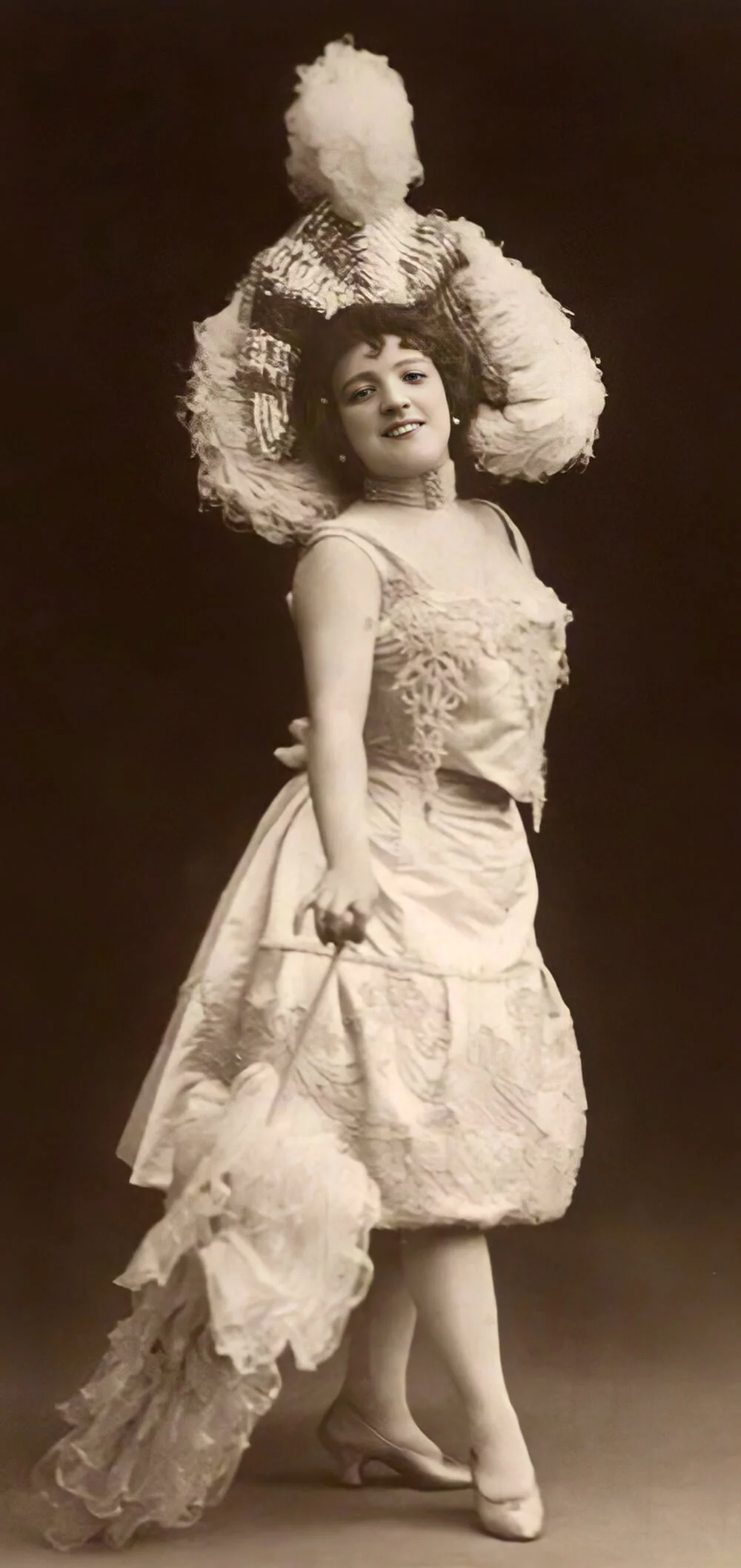
Lloyd on stage in the 1890s – The Hana Studios Ltd
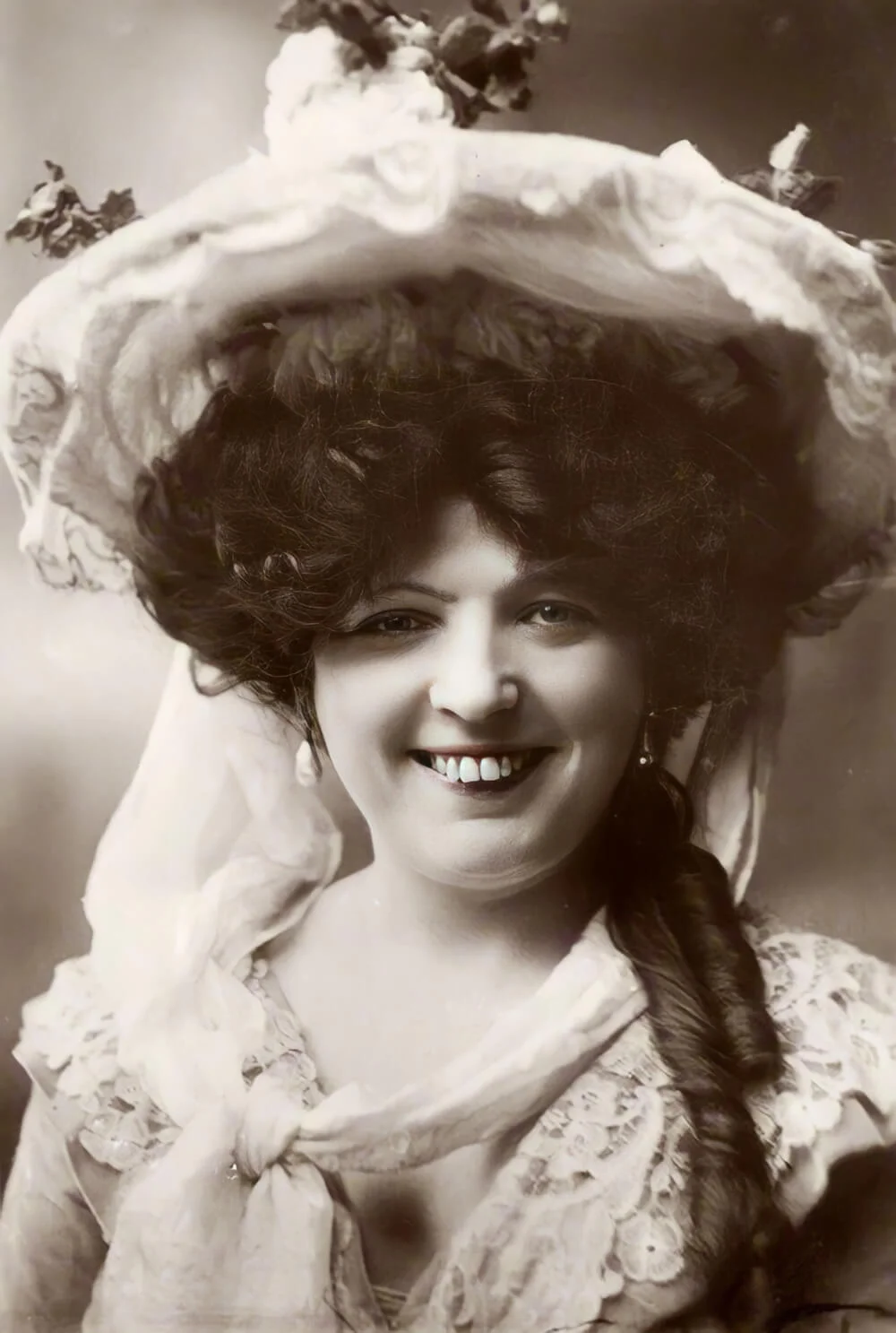
Marie Lloyd c. 1900 – Louis Saul Langfier (1859–1916)






